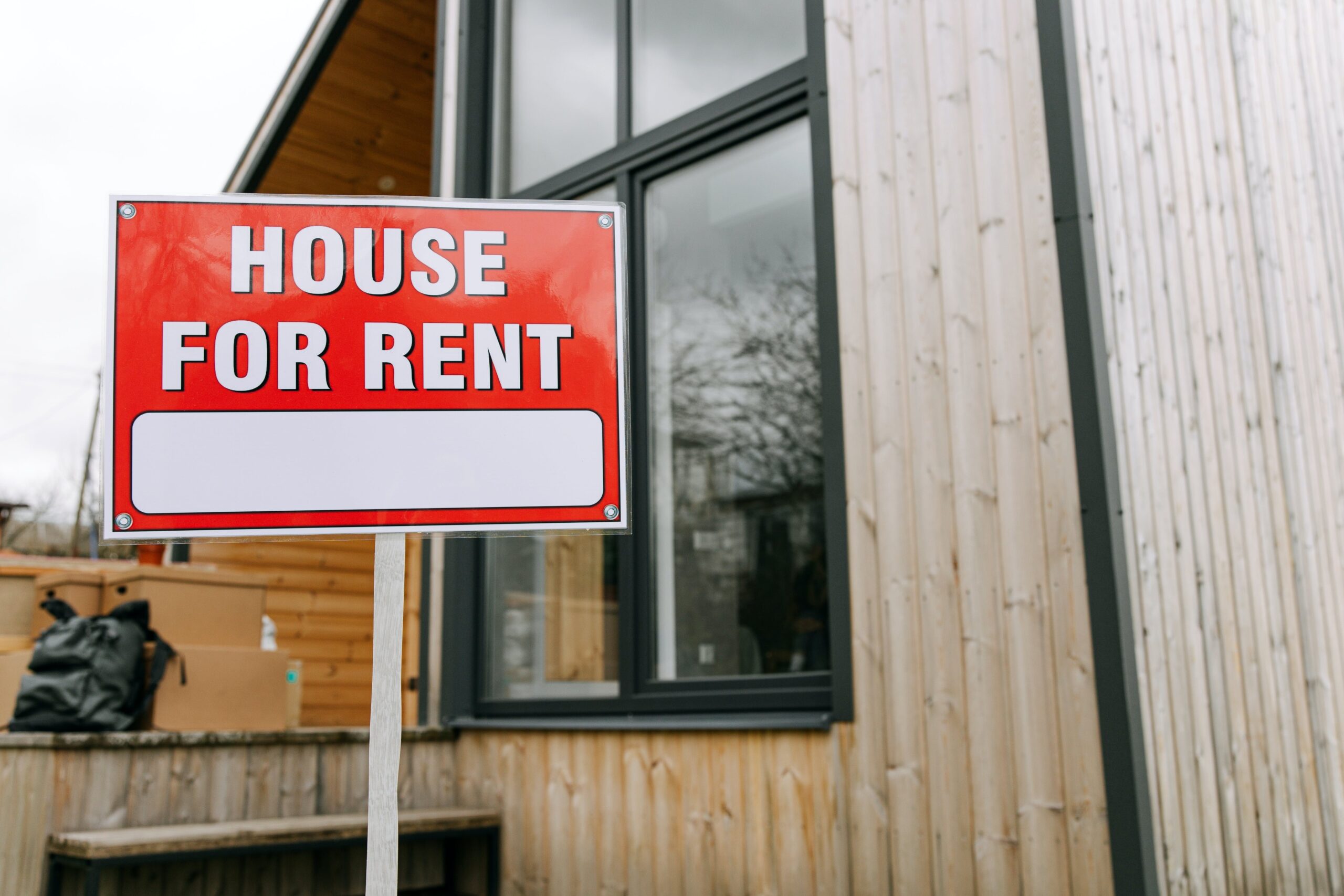Effective Strategies for Managing Difficult Tenants
Managing rental properties can be rewarding, but it comes with challenges, especially when dealing with difficult tenants. Effectively handling these situations is crucial for maintaining a harmonious living environment and protecting your investment. Failure to do so can lead to tenant dissatisfaction, property damage, and potential legal issues. Here are some strategies to help property…
Read more









